Leasing two apartments at once may seem like an unusual situation, but it’s not entirely uncommon. There can be a variety of reasons why someone might consider this option: a need for a separate workspace, a desire for a weekend retreat, or a temporary relocation for work. However, it’s essential to understand the legal and financial implications of such a decision. We’ll delve into the specifics of leasing two properties concurrently, the possible pros and cons, and crucial points to consider before you sign those leases.
Reasons to Rent Two Apartments at Once
The Need for Extra Space
One compelling reason for renting two apartments at once is the necessity for more space. If your current living arrangement doesn’t provide the square footage you need for a home office, art studio, or guest accommodations, leasing an additional apartment can be a practical solution.
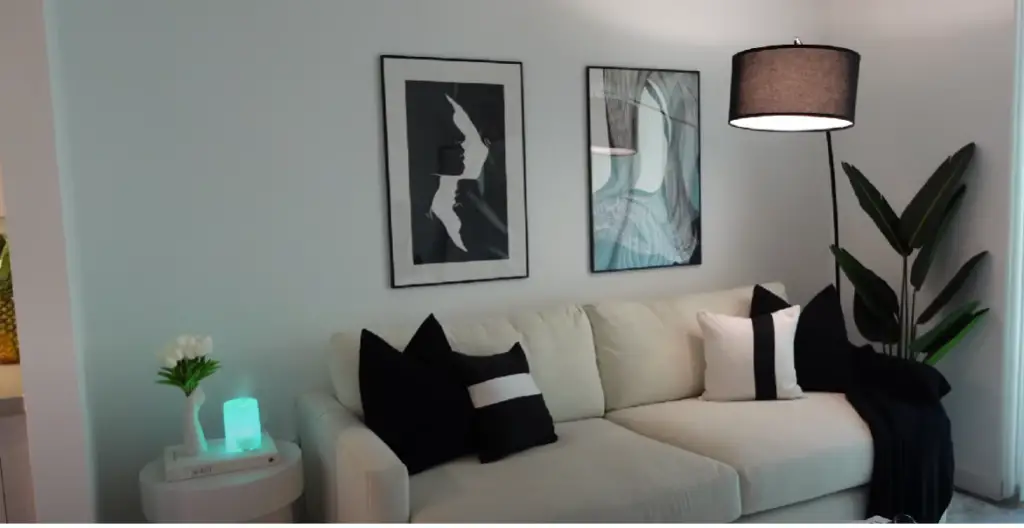
Frequent Travel or Commute
Another common reason is regular travel or commute between two locations. If you’re someone who spends considerable time in two different cities due to work or personal reasons, renting apartments in both places can be more cost-effective and convenient than regularly paying for hotels or short-term rentals.
Investment Opportunity
Leasing two apartments can also be an investment opportunity. If the rental market is thriving in a particular area, you might choose to lease an additional apartment and sublet it (with the landlord’s permission), turning a profit in the process. This strategy requires careful handling to ensure it complies with all relevant legislation and the terms of your lease.
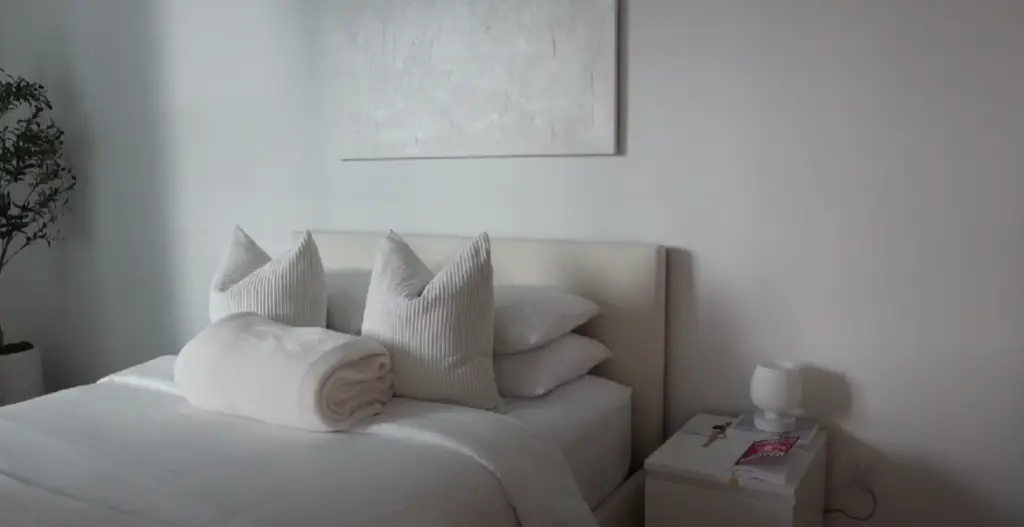
Reasons To Consider Other Options
Cost and Resources
Leasing two apartments at once can be expensive. You’ll not only incur the costs of rent, but also any associated fees (like broker’s fees, security deposits, etc). In addition, you’ll need to consider the financial resources required to furnish both properties. This could be a significant financial burden, especially if you plan to move between the two apartments.
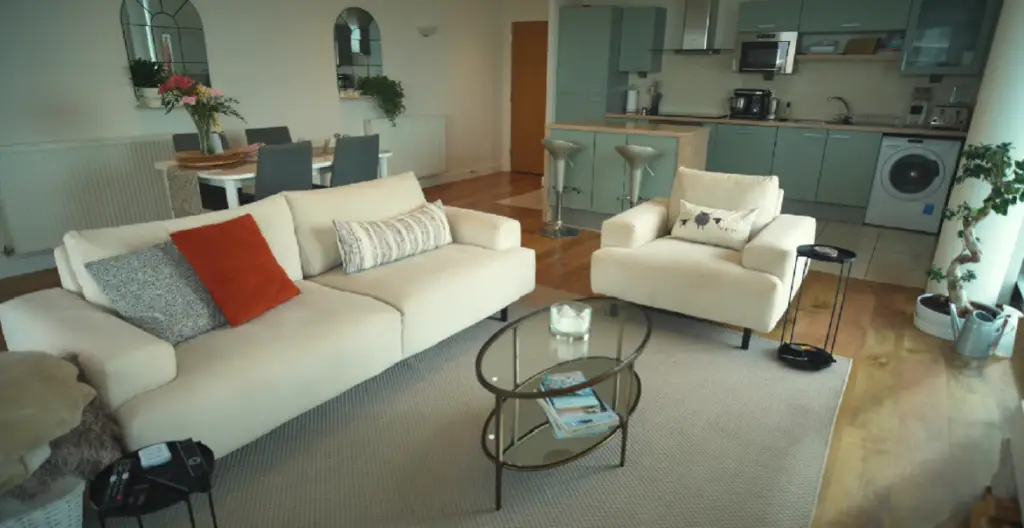
Time Commitment
It’s also important to factor in the time investment needed to manage and maintain two properties. If you’re frequently traveling between the locations, this can become quite taxing. You’ll need to dedicate considerable energy into keeping both places organized, clean, and up to date.
Things To Consider Before Signing the Lease
Before committing to leasing two apartments, it’s essential to do your due diligence and consider all of the potential implications. Here are some key points to analyze:
- Can you afford the cost associated with renting two properties?
- Do both locations meet your needs in terms of accessibility, features, and amenities?
- Are there any specific regulations or restrictions to consider? What are the landlord’s policies on tenant subletting?
- Have you accounted for the time commitment needed to maintain two properties? [1]
Can Having Two Leases Negatively Impact Your Credit Score?
simply having two leases does not directly affect your credit score. However, if juggling two rents leads to late or missed payments, it could result in negative marks on your credit report. Additionally, landlords often run credit checks during the rental application process. Multiple inquiries within a short span can cause a small, temporary dip in your credit score. It’s vital to keep these factors in mind when considering leasing two apartments concurrently.
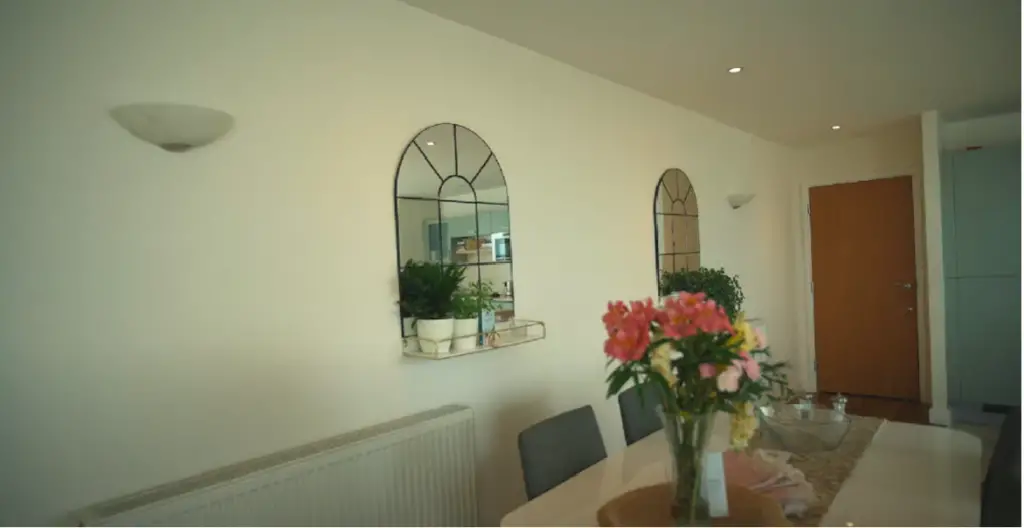
Can You Lease Two Apartments at Once?
Yes, you can lease two apartments at once. There is generally no law or rule against maintaining leases on two or more residences. However, it’s crucial to be fully aware of the stipulations of both leases. Some leases may contain ‘single residency’ clauses that require tenants to use the rented property as their primary residence. In such cases, leasing a second apartment might be in violation of the agreement. Therefore, it’s always recommended to read both lease agreements thoroughly and to consult with a legal professional if any terms are unclear. Additionally, be prepared to demonstrate sufficient income or savings to assure landlords that you can handle the responsibilities of two leases.
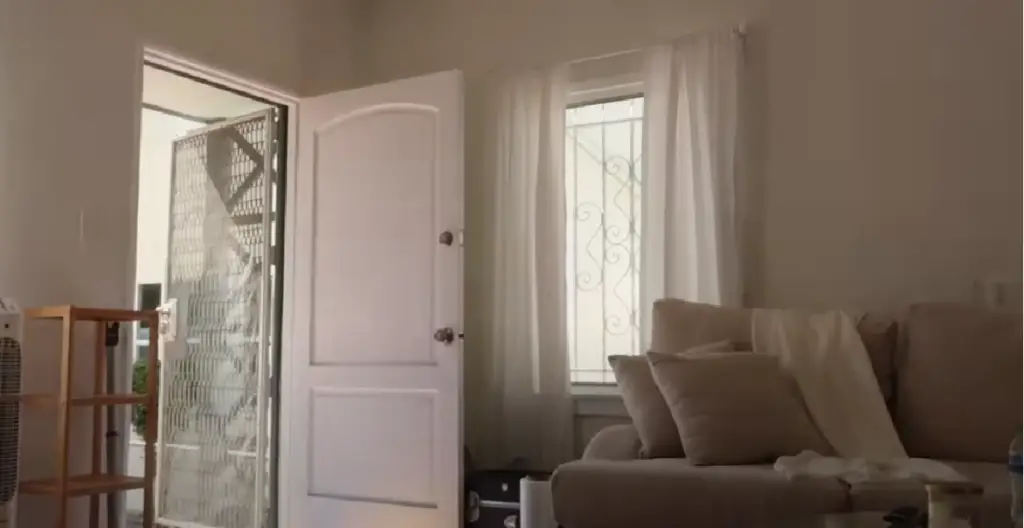
Ultimately, leasing two apartments can be a viable option for certain situations. However, it’s important to weigh the pros and cons and consider all legal implications before signing that lease. Make sure you understand what you’re getting yourself into and make sure you’re ready for the financial and time commitment involved in having two leases. With careful planning and forethought, it’s possible to make the most of this unique living arrangement. [2]
How to Ensure a Smooth Apartment Transition?
Making frequent moves between two apartments can feel overwhelming and stressful, especially if you’re juggling work obligations or other commitments at the same time you should consider implementing strategies like these:
Pack efficiently: Pack only what you need for each move. Consider investing in labeled storage containers or suitcases to make packing and unpacking a breeze.
Utilize technology: Take advantage of digital tools like online calendars, lists, reminders, and notes to keep track of important tasks.
Use checklists: Create detailed checklists with all the items needed for the move. This will make sure nothing important is left behind and reduce the stress of constantly rechecking everything.
Consider storage: If you need to frequently switch between apartments, look into renting a storage unit for larger items like furniture or appliances that won’t be moved often.
Hire help: If you’re short on time, consider hiring professional movers to help with the transition process.
By taking these steps, you can ensure a smooth and stress-free transition between two apartments. By being organized and prepared, you can make sure all the necessary tasks are taken care of in a timely manner.
Renting two apartments simultaneously: possible exceptions
While it’s generally possible to lease two apartments simultaneously, there can be certain exceptions to this rule, largely dependent on the specific terms of your lease or the policies of your landlord or property management company. For instance, some rental agreements may stipulate a prohibition on leasing another property within a certain radius. Alternatively, there may be occupancy restrictions in certain buildings or neighborhoods due to zoning laws or building codes. In some cases, landlords may require proof of higher income levels to approve tenants for multiple leases, to ensure their ability to cover increased rental responsibilities. It’s also worth noting that while subletting can be an option, some rental agreements explicitly forbid this practice.
Always consult with a real estate attorney or professional to fully understand the potential legal implications and restrictions.[3]
Drawbacks of simultaneously renting two apartments
While the idea of renting two apartments simultaneously may appear enticing, it is important to acknowledge the accompanying challenges that come with this choice:
Increased Financial Burden: The most obvious disadvantage is the financial strain. Dealing with two rents, utility bills, and potential maintenance costs can quickly add up and strain your budget.
Time and Energy: Managing two properties can be time-consuming. From maintenance tasks to managing correspondence for two locations, you’re essentially doubling your responsibilities.
Potential for Vacancy: There may be times where one apartment is vacant, yet you’ll still be responsible for all the associated costs.
Higher Risk of Damage: With two properties, there’s a higher risk of damage or maintenance issues going unnoticed, especially in the apartment you spend less time in.
Complicated Legalities: Navigating the rules and regulations of two different leases can be complex and confusing. Moreover, if you run into issues with either landlord, you’re dealing with two separate legal situations.
By understanding these potential disadvantages, you can make a well-informed decision on whether the advantages of renting two apartments simultaneously outweigh the potential drawbacks.[6]
Is it possible to rent an apartment while also owning a house?
Absolutely, it is possible to rent an apartment while also owning a house. There are numerous reasons why individuals choose this path. They may own a house in one city but need to rent an apartment in another due to work commitments. Alternatively, some people may choose to rent an apartment in a city for convenience, while their owned property is in a more rural or suburban area.
However, it is crucial to be aware that managing a property and a rented apartment simultaneously can come with its own set of challenges, including financial responsibilities, maintenance obligations, and possible tax implications. It’s also essential to keep in mind any homeowner’s association (HOA) rules or restrictions if your owned property is part of an HOA.
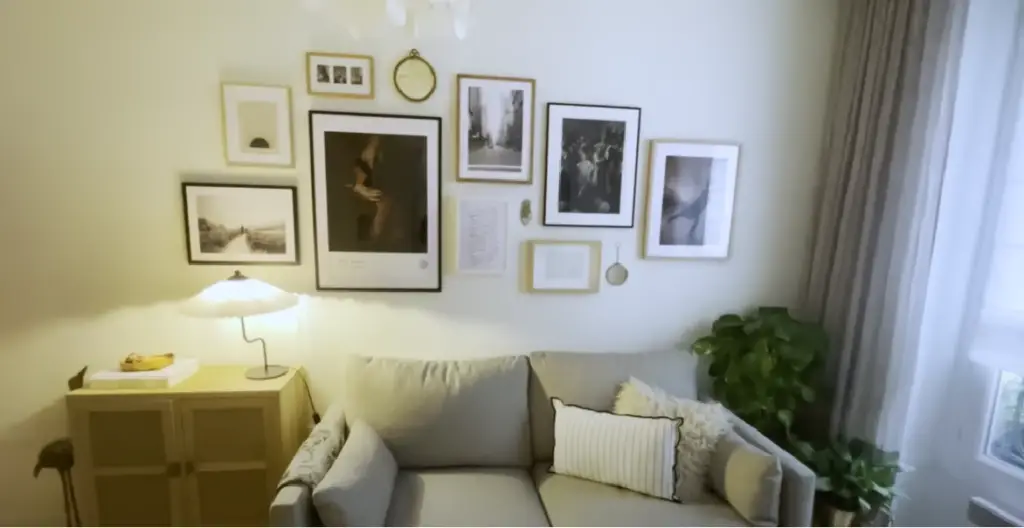
As with leasing two apartments, it’s important to consider all the potential implications and consult with a real estate professional or attorney before deciding on this course of action. By understanding all the factors involved, make a decision based on relevant information that best suits your lifestyle and financial situation.
Overall, there are both advantages and disadvantages to leasing two apartments or renting an apartment while owning a house. With careful research and planning, it is possible to make the most of this unique living arrangement. Taking the time to understand all the potential pros and cons can help you decide which course of action works best for your situation.
How to Determine if You Can Afford Two Leases
When considering whether you can afford two leases, it is crucial to perform a thorough analysis of your financial situation. Here’s a guide to help you:
Income Analysis: Calculate your net monthly income after taxes. Ensure that you account for all sources of income, including your salary, any additional employment, investments, and other streams of income.
List Your Expenses: Detail all your monthly expenses. This should include both fixed expenses (like rent, utilities, car payments, insurance, and subscriptions) and variable expenses (like groceries, transportation, entertainment, and personal care items).
Calculate Your Current Lease Expenses: Add up all the costs associated with your current lease, including rent, utilities, parking, and renter’s insurance.
Estimate the Cost of the Second Lease: Determine the total expenses associated with the second lease, which can include not only the monthly rent but also utilities, security deposit, moving expenses, and potential costs of furnishing the second property.
Subtract Expenses from Income: Subtract your total expenses (including the cost of both leases) from your total income. If you’re left with a positive number, you have the potential to afford two leases. However, if the number is too close to zero or negative, you may need to reconsider.
Consider Emergency Savings: It is crucial to bear in mind the importance of having an emergency fund that can cover living expenses for a period of three to six months. If taking on a second lease doesn’t allow you to maintain this safety net, it might be too risky.
Future Financial Goals: Don’t forget to consider your future financial goals. If taking on a second lease hampers your ability to save for retirement, a down payment on a house, or other significant financial milestones, it might not be the best decision.
Remember, while it may be possible to afford two leases on paper, it’s essential to consider the potential stress and risk associated with stretching your budget thin. Always consult with a financial advisor if you’re unsure.[4]
FAQ
Can I Rent an Apartment with My Name on a Mortgage?
Yes, it is possible to rent an apartment even if your name is on a mortgage for another property. Being a homeowner does not automatically disqualify you from renting an apartment. However, landlords and property management companies may require evidence that you can afford both the mortgage payments and the rent for the apartment. This could involve providing proof of income or demonstrating sufficient savings. Remember, each landlord or property management company might have different rental criteria. It’s crucial to communicate openly and clarify any potential issues before signing a lease. It’s also worth noting that having a mortgage could impact your credit score, which is often considered in rental applications. Always consult with a financial advisor or attorney to understand all the potential implications.
Avoiding Double Rent When Moving
If you are transitioning from one rental property to another, you may be concerned about the potential of having to pay double the rent. This situation can occur when your current lease has not yet ended, and your new lease begins. While there can sometimes be unavoidable circumstances, there are several strategies to avoid paying double rent:
Careful Planning: Timing is crucial when moving from one rental to another. If possible, try to align the end date of your current lease with the start date of the new lease.
Negotiate with Your Landlord: In some cases, your landlord might be willing to let you out of your lease early, particularly if they can re-rent the apartment quickly. Alternatively, they might be willing to extend your move-out date if you need a bit more time to transition into your new place.
Subletting: Where permitted, you can consider subletting your current apartment until the lease ends. This option involves finding someone else to take over your lease in the short term. Ensure that you adhere to your lease terms and the landlord’s approval before undertaking this route.
Rent Storage Space: If the overlap is minimal, it may be more cost-effective to rent a storage unit for your belongings and find a short-term living arrangement like a hotel or staying with friends or family.
Remember, open and honest communication with both your current and future landlord can help make this transition smoother and help avoid the potential of paying double rent.[5]
Can I rent an apartment in another state?
It is entirely possible to rent an apartment in a different state. This circumstance often arises when individuals need to relocate for work, study, or personal reasons. The process largely mirrors that of renting an apartment in your home state, with the primary difference being that you may need to conduct most of your apartment search remotely. Video tours, online listings, and remote communication with potential landlords or property management companies are common methods when renting from a distance. However, it’s important to be aware of the potential for scams. Always verify the legitimacy of the listing and the landlord, and never send money without signing a lease. Additionally, state laws regarding rentals can vary, so it’s advisable to familiarize yourself with the tenant laws in your new state before committing to a lease. Finally, consider employing a real estate agent or relocation specialist in your target state to assist in your search and ensure a smooth transition. Ultimately, with proper research and knowledge of the process, it is possible to rent an apartment in a different state.
Can I lease my apartment to someone else?
Yes, it is possible to lease your apartment to someone else, a process often referred to as subleasing or subletting. Subleasing involves the tenant renting their apartment to a third party for a predefined period while still maintaining their name on the lease. This situation often arises when the primary tenant has to be away from the apartment for an extended period but intends to return. However, it’s crucial to remember that not all rental contracts allow subleasing, and doing so without the landlord’s consent could lead to eviction or other penalties. Always review your lease agreement carefully and consult with your landlord or a legal professional before deciding to sublease your apartment. If allowed, you’ll need to screen potential subtenants to ensure they will pay rent on time and take care of the property. Keep in mind that as the primary tenant, you’re typically still responsible for any damage or unpaid rent by the subtenant. Ensure to have a written sublease agreement outlining all terms and obligations to protect all parties involved. Always conduct these matters with transparency, legality, and respect for all parties rights.
Are Apartment Leases Reflected on Credit Reports?
Apartment leases themselves do not typically appear directly on credit reports unless they are associated with a credit account, such as a line of credit. However, certain details related to your lease can affect your credit report indirectly. For instance, if you consistently fail to pay rent on time, your landlord may report these late payments to the credit bureaus, which can have a detrimental effect on your credit score. Conversely, some property management companies may report on-time payments, which can help build your credit history. Also, if you break a lease and your landlord sends the owed amount to collections, this could also appear on your credit report and damage your score. Always pay your rent on time and fulfill the terms of your lease to prevent negative impacts on your credit. If you’re hoping to use your on-time rent payments to build credit, ensure your property management company reports these payments to the credit bureaus or consider using a rent reporting service.[6]
Do I need to inform my landlord about a new roommate?
Yes, it is usually necessary to inform your landlord about a new roommate. This is because many leases have clauses that require the landlord’s permission before adding a new occupant to the lease. Not informing your landlord could potentially violate the terms of your lease, leading to possible eviction or other penalties. Moreover, landlords often require new roommates to undergo the same screening process as original tenants, including credit and background checks. This ensures that the new roommate is a trustworthy and financially responsible individual. Therefore, always communicate openly and honestly with your landlord about any changes to the living arrangements in your leased property. They will appreciate your transparency and respect of their rules. Also, ensure that any new lease agreement is signed by both the original tenant and the new roommate to protect everyone involved. [2]
Useful Video: Do you want to lease more apartments? STOP doing THIS!
Conclusion
Leasing two apartments concurrently is not an everyday occurrence, but it is possible under certain conditions. The key factor is ensuring that you can afford both leases without straining your finances. This involves a comprehensive analysis of your income, expenses, and financial goals. Additionally, understanding the nuances of subleasing and how lease agreements can impact your credit report is essential. Always approach such decisions with a clear understanding of your lease agreement provisions, local tenancy laws, and personal financial capabilities. Consulting with a real estate professional or a financial advisor can provide valuable insight and guide you toward making a decision that aligns with your lifestyle and financial objectives. Remember, while exploring new opportunities can be exciting, it’s important to always prioritize financial stability and peace of mind.
References:
- https://littleupgrades.com/lease-multiple-apartments/
- https://homesmitten.com/can-you-rent-two-apartments-at-once/
- https://propertyclub.nyc/article/can-you-be-on-two-leases-at-once
- https://www.nyrentownsell.com/blog/can-you-rent-two-apartments-in-parallel-in-nyc/
- https://householdblogger.com/can-you-rent-two-apartments-at-the-same-time/
- https://thinkrealstate.com/can-you-have-two-leases-in-your-name/





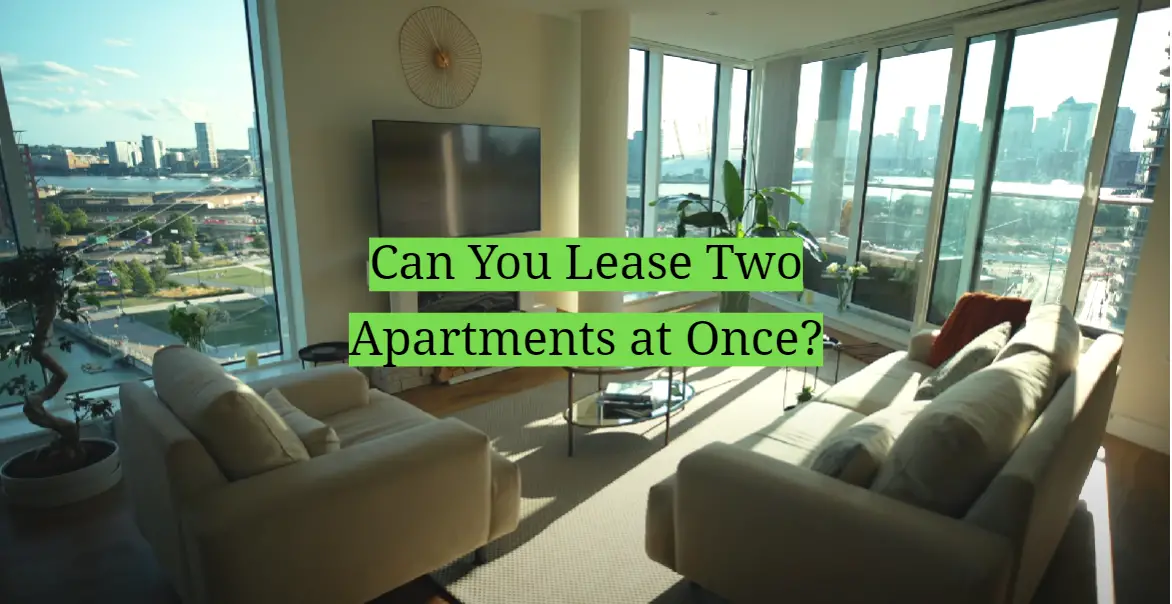








Leave a Reply